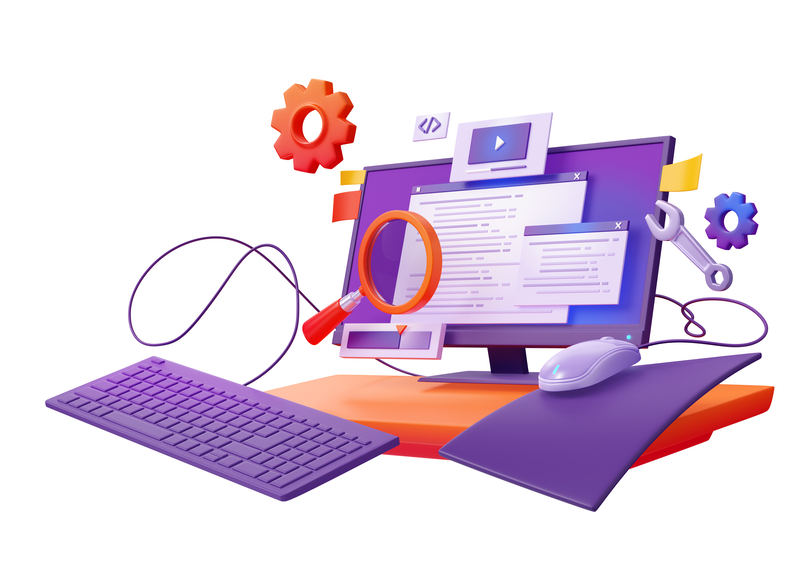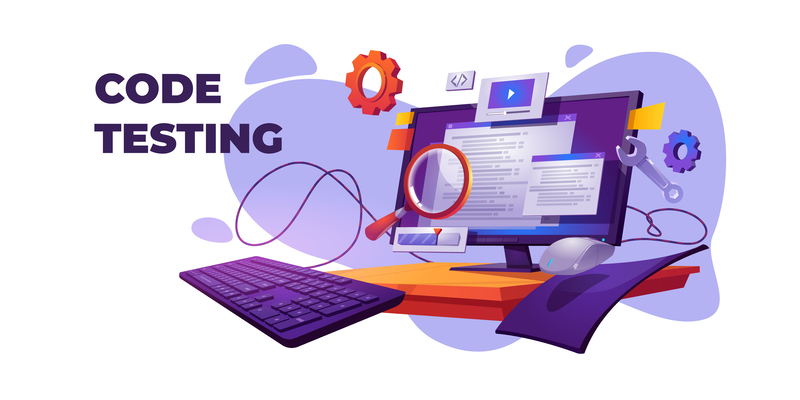Skill
Mobile Apps
In today's digital age, mobile applications have become a crucial aspect of business success. With an increasing number of people using smartphones and mobile devices, developing a mobile application can offer numerous benefits for businesses of all sizes.
A mobile application can provide an engaging and interactive experience for your customers. It allows them to easily access information about your products and services, make purchases, and communicate with your business. With features such as push notifications and in-app messaging, a mobile application can also help you stay connected with your customers and keep them informed about special promotions and offers.
Developing a mobile application requires a combination of technical and non-technical skills. Some important skills for mobile application development include:

- Programming languages: A solid understanding of programming languages such as Java, Swift, or Kotlin is necessary for developing mobile applications.
- Cross-platform development: Knowledge of cross-platform development tools and frameworks such as React Native, Flutter, or Xamarin can help in creating applications that work across multiple platforms.
- User interface design: The ability to design user-friendly and visually appealing interfaces is critical for creating engaging and functional mobile applications. \
- Testing and debugging: The ability to test and debug mobile applications to ensure that they function correctly is important to avoid potential issues.
- Communication and teamwork: Developing mobile applications often requires working with a team of developers, designers, and stakeholders, so good communication skills are important.
- Adaptability and willingness to learn: As mobile technologies and development platforms continue to evolve, the ability to quickly adapt and learn new skills is critical to stay current and competitive in the market.
- Knowledge of mobile development frameworks and tools: Knowledge of mobile development frameworks and tools such as Android Studio, Xcode, or Visual Studio can help in creating mobile applications efficiently and effectively.

Android
Developers typically use the Java programming language and the Android SDK (Software Development Kit), which includes a set of tools and libraries for building Android applications. However, developers can also use other programming languages like Kotlin, C++, or Python to build Android apps.
IOS
Developers typically use the Swift programming language and the iOS SDK (Software Development Kit), which includes a set of tools and libraries for building iOS applications. Developers can also use Objective-C, a programming language used to develop iOS applications before the release of Swift.
Hybrid
Hybrid application development is the process of creating mobile applications that can run on multiple platforms, such as Android and iOS, using a single codebase. Hybrid applications are developed using web technologies like HTML, CSS, and JavaScript, and are then wrapped in a native container that allows them to access native device features and functions.
